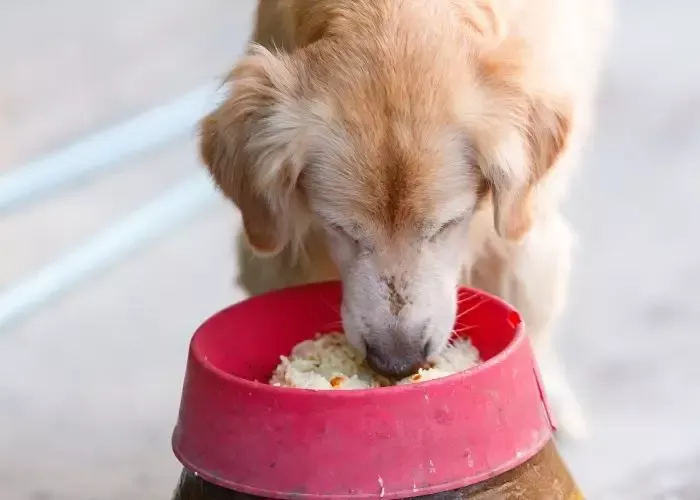Many dog owners indulge their pets with extra treats and food scraps, often believing it’s an expression of love. However, this seemingly innocent habit can have serious long-term consequences for a dog’s health. Experts warn that overfeeding and a lack of proper portion control are contributing factors to the rising number of overweight and obese pets, with nearly 59% of dogs facing weight issues.
The Hidden Dangers of Excess Weight
While a pudgy dog may seem adorable, carrying excess weight can be detrimental to their health. According to Michael Stone, an associate clinical professor at Tufts University’s Cummings School of Veterinary Medicine, weight gain in dogs often happens gradually, making it difficult for owners to notice. Most owners fail to recognize when their dog is overweight, despite the fact that obesity in dogs is directly linked to a shorter lifespan.
“Excess fat acts as a constant, low-level inflammatory trigger, leading to a range of health problems,” said Dr. Katie Krebs, assistant professor of clinical primary care at the University of Pennsylvania’s School of Veterinary Medicine. Studies indicate that labrador retrievers that maintain a healthy weight live up to two years longer than their overweight counterparts.
Health Risks Associated with Obesity
Obesity in dogs is more than just an aesthetic concern—it is a serious health issue. Carrying extra weight puts added stress on joints, leading to conditions like arthritis, which are common in older dogs but can develop prematurely in overweight pets. In addition, obese dogs are more likely to suffer from chronic diseases, including urinary tract infections, skin conditions, kidney disease, and even cancer.
Dr. Joe Wakshlag, a nutrition expert at Cornell University, explains that obesity is linked to respiratory issues and metabolic disorders, reinforcing the classification of obesity as a disease. In short, an overweight dog is at higher risk for a range of debilitating conditions that could significantly reduce their quality of life.
Proper Feeding: The Key to Weight Management
If your dog is overweight, the first step is ensuring they are eating the right amount of food. The amount of food a dog needs depends on various factors, including breed, age, and activity level. Many pet food labels provide general guidelines, but these can be misleading. Wakshlag advises consulting your veterinarian to determine the precise amount of food your dog requires.
“If your dog is still gaining weight despite being fed the recommended amount, it might be time to cut back,” Wakshlag suggests. Veterinary weight-loss diets, which are lower in calories but still nutritionally balanced, can also be helpful in cases of significant obesity.
Treats: A Double-Edged Sword
Many pet owners view treats as a way to show affection, but overindulgence can contribute significantly to weight gain. A single extra treat can add hundreds of calories to your dog’s daily intake, leading to weight issues over time. Experts recommend limiting treats to no more than 10% of a dog’s daily caloric intake.
Instead of high-calorie commercial treats, Wakshlag suggests offering healthier alternatives such as baby carrots or green beans, which are low in calories but high in fiber. Many pet stores also offer low-calorie treats, which can help keep your dog satisfied without compromising their health.
Exercise: Not a Magic Bullet for Weight Loss
While regular exercise is essential for a dog’s overall well-being, it’s not the most effective way to combat obesity. Dr. Krebs warns that simply increasing exercise may not be sufficient to help a dog shed pounds. Managing their diet and food intake is the most critical factor in weight loss.
The Bottom Line: Consult Your Vet
If you suspect your dog is overweight, the first step is to consult a veterinarian. Veterinarians can assess your dog’s body condition, help develop a weight-loss plan, and monitor their progress. With over half of all dogs classified as overweight or obese, it’s likely that your vet will recommend a weight management strategy.
By addressing weight issues early, owners can ensure their dogs live healthier, longer lives. As Dr. Stone advises, “Have your dog examined by a veterinarian before beginning any weight loss program.” Obesity is a preventable condition, and with the right approach, you can help your dog lead a long and happy life.
Related topics:
Zoo Visitors Name First-Ever Litter of Bush Dog Puppies
Stockport Sanctuary Faces Eviction, Threatening Future of Traumatised Dogs
Jennifer Garner Finds Comfort After Heartbreaking Loss of Family Dog


